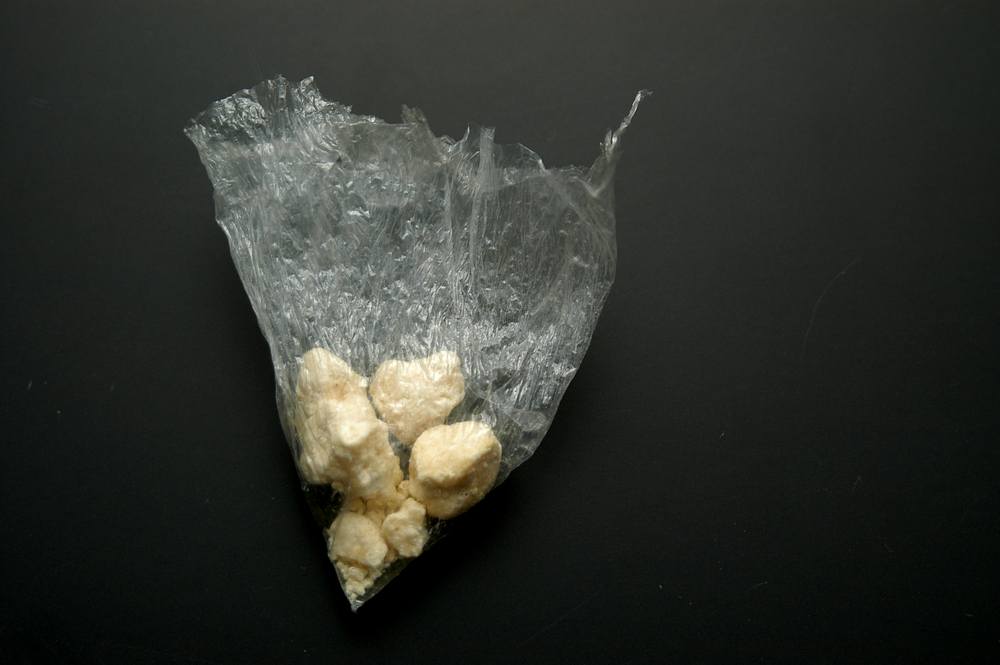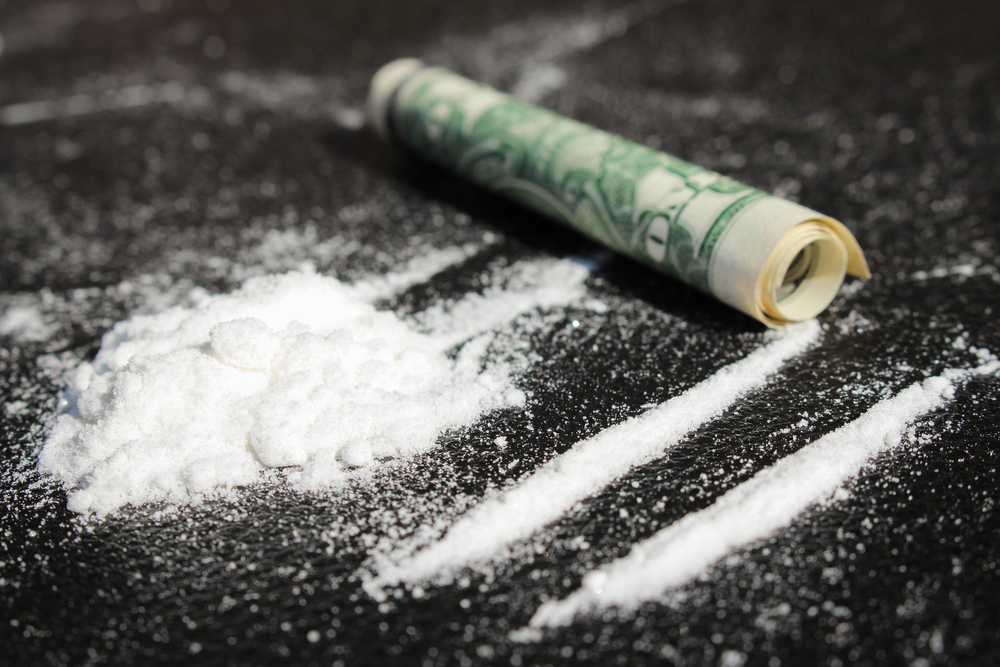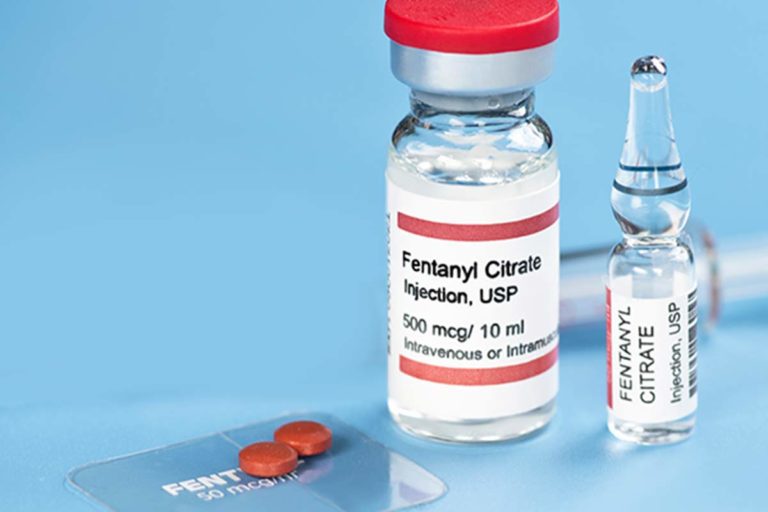Crack cocaine and cocaine are both highly addictive drugs. Both have high rates of addiction, tolerance, and withdrawal. They both cause substantial damage to the user’s physical, mental, and social health. In other words, they are both equally bad for you. But which one is more addictive? Which drug is more likely to lead to an addiction? Which drug has the highest rate of addiction? Which one will get you quicker?
Let’s find out in this article everything you need to know about these drugs and how they compare from a chemical point of view.
What is Crack Cocaine?
Crack cocaine is a crystalline tropane alkaloid. Simply put, it is a form of cocaine. Crack is a form of “freebase” or “street” cocaine. It is a smoked or “vaporized” form of cocaine found as a white or off-white rock or a powder. Like regular street cocaine, “crack” cocaine is produced in South America, Central America, and Mexico, where it is processed from the leaf of the coca plant.
The chemicals are then transported to the United States, where the “crack” is manufactured, packaged, and sold on the street. It is also manufactured in small home laboratories in the U.S. Because it is processed in a particular way, “crack” cocaine is more potent than regular cocaine. It is also smoked, vaporized, or injected instead of being snorted. This process changes the chemical composition of the drug, making it more potent and much more addictive.
What is Cocaine?
Cocaine is a potent central nervous system stimulant that is obtained from the leaves of the coca plant. It is a naturally occurring substance extracted from the leaves of the coca plant, a shrub that is native to South America. Cocaine hydrochloride is the chemical compound created when the leaves are processed. The coca plant has been used as a herbal remedy, as an anaesthetic, and as an aphrodisiac for thousands of years.
The coca plant, including the leaves and the extract, is legal in many countries and can be purchased in health food stores. However, the coca plant contains not only harmless ingredients but also a potent drug called cocaine. Cocaine is commonly used as a stimulant for the brain and nervous system. It is also used as an anaesthetic for some kinds of surgery. It is most often injected, inhaled, or applied to the skin as a numbing agent.
How to Tell the Difference Between Crack and Cocaine?
Crack Cocaine Form Cocaine base is extracted from the leaves of the coca plant. Cocaine base is is produced by processing the leaves of the coca plant in a different way than crack. Appearance It is a white or off-white rock or a powder. It is a white or off-white rock or a powder.
Consistency It is soft like clay. It is hard like a rock. Smell It has a distinct smell, but this smell is not very strong. It has a distinct smell, but this smell is not very strong. Appearance It has a white or off-white color and a bitter taste.
Why Is Crack More Addictive Than Cocaine?
The chemical process of producing “crack” from cocaine leaves the base more concentrated. This makes it more potent and highly addictive. The process of producing “crack” from “cocaine” leaves the base more concentrated, which makes it more potent and highly addictive.
“Crack” is smoked or “vaporized” with a high rate of absorption and direct contact with blood vessels. This causes the crack to reach the brain faster than other substances. The high is also more intense and short-lived. This makes users want to get another hit as soon as they stop feeling the effects of the first hit. This makes it an addictive drug. Other reasons why crack is considered more addictive include the following:
Increase in Dopamine
Crack and powder cocaine are both addictive drugs due to the neurotransmitter dopamine. This chemical is responsible for providing a feeling of pleasure and reward after certain activities such as eating and exercise. Crack use affects this system by flooding the brain with an excessive amount of dopamine, which can create an addiction and encourage people to keep using the substance.
Intense High
The molecular structure of crack cocaine is not necessarily more potent than powder cocaine, however its most common method of consumption (smoking) may make it more addictive. The production process of crack cocaine lowers the melting point of the drug, which makes it possible to inhale it as a vapor when heated. Powder cocaine is usually taken in through the nose, which can take a few minutes or longer for the user to experience the high. This is why smoking crack cocaine is much more attractive, as it provides almost instant gratification. Furthermore, the rapid high achieved is often more intense than when snorting, leading to more powerful cravings when not using the drug.
Worse Withdrawal Symptoms
One more factor that may make it more likely for people to become addicted to crack is the withdrawal symptoms that come up when they are not using it. For many people, the symptoms of not having crack for a certain amount of time are more intense than those that occur when not taking cocaine. Moreover, these reactions can appear more quickly. This may result in people using crack more often than cocaine to avoid the discomfort of withdrawal.
Which Drug Causes More Damage: Crack or Cocaine?
Both crack and cocaine are highly addictive drugs that cause substantial damage to the user’s physical, mental, and social health. Both drugs have high rates of addiction, tolerance, and withdrawal. Cocaine is an incredibly potent stimulant that can be profoundly damaging to a person’s physical and mental wellbeing. Prolonged usage of cocaine can result in a large array of long-term health issues, which include:
Heart Issues
Cocaine consumption may put someone in danger of having cardiovascular issues like heart attacks, strokes, and high blood pressure.
Neurological Problems
Continuous use of cocaine can result in long-term harm to the brain, which can manifest in issues with memory, focus, and making decisions.
Respiratory Distress
The use of cocaine can bring about respiratory issues, including asthma and a long-term inflammation of the airways known as bronchitis.
Psychological Issues
Long-term cocaine use can cause mental health issues like depression, anxiety, psychosis and other mental illnesses.
Gastrointestinal Damage
Illnesses related to the stomach and intestines are frequently a result of cocaine use, presenting with symptoms such as abdominal discomfort and nausea.
Like cocaine, prolonged abuse of crack cocaine can lead to various physical and mental repercussions. It can harm the cardiovascular system, including raising the likelihood of cardiac arrest, stroke, and harm to the veins. It can also hurt the respiratory system, making breathing difficult and raising the risk of pulmonary infections. Psychologically speaking, it can cause apprehension, insanity, and psychosis. It may also prompt depression, difficulty sleeping, and difficulty with memory.
Not only can crack cocaine have an impact on one’s mental and physical health, but it can also have far-reaching social and economic effects. It is commonly connected with criminal behavior and can be a cause of financial difficulties and broken relationships.
Conclusion
Cocaine and crack cocaine are both potent central nervous system stimulants. They are both produced from the leaves of the coca plant and are chemically identical substances. The chemical process of producing “crack” from cocaine leaves the base more concentrated, which makes it more potent and highly addictive.
Although both drugs are highly addictive and dangerous, crack cocaine is more addictive because it is more potent through the chemical process. Both drugs cause substantial damage to the user’s physical, mental, and social health. The only difference is that crack cocaine is more addictive than cocaine.
Knoxville Recovery Center Can Help
The abuse of drugs, including crack cocaine and cocaine, is a serious and life-threatening issue. If you or somebody close to you is dealing with a dependency on crack cocaine or cocaine, it is imperative to get expert assistance without delay. Fortunately, help is available for those battling addiction and/or mental health issues. Knoxville Recovery Center offers various services to those struggling in any stage of addiction or mental illness.
Services offered:
Detox – Our on-site detox clinic accommodates and supports clients as the body sheds all residual traces of addictive substances. Clients are under medical supervision during the detox process to ensure that they remain safe and comfortable.
Addiction Treatment – During our addiction treatment program, clients will engage in introductory therapies and exercises that work to prepare them for continued, more intensive treatment outside of our facility. The goal of our addiction treatment track is to stabilize clients so that they are treatment-ready.
Mental Health Treatment – Our mental health treatment program introduces behavioral therapies rooted in self-expression and holistic exercise. Art therapy, music therapy, and yoga are just a few forms of therapy we offer at the center. Our goal is to help the client reclaim their voice and expose them to treatment within a professional facility.
Aftercare Planning – Aftercare is designed for individuals who have benefitted from our introductory addiction services and are transitioning into a more intensive addiction treatment program. Once a client is stabilized, they will be encouraged to pursue continued addiction treatment. Our experienced case managers will then work with our clients to place them in a program that addresses their specific wants and needs.
If you feel that you or a loved one is struggling and needs help, our specialists are on standby and ready to help. Call Knoxville Recovery Center and speak with an expert today.












